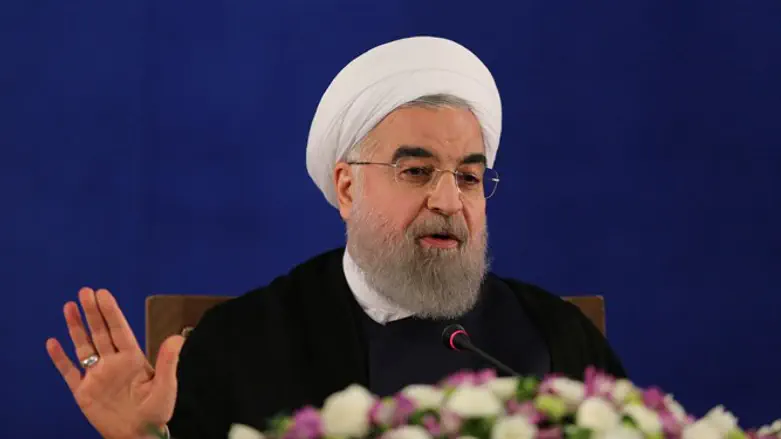
Iranian President Hassan Rouhani has criticized the ban imposed on the popular messaging app Telegram by the conservative-run judiciary, saying the move is “the opposite of democracy”, Middle East Monitor reports.
In April, Iran’s judiciary blocked voice calls on Telegram, the most popular messaging app in the country, following the arrest of 12 people who ran popular reformist channels on the app.
Iran had been considering the ban since January when protests over economic grievances erupted in more than 80 cities and later turned into demonstrations against the clerical and security elite.
Some officials said protesters used Telegram to organize the rallies, which were ultimately contained by the Revolutionary Guards and their affiliated volunteer Basij militia.
“Failure to follow legal procedures and the use of force and judicial means is … the opposite of democracy,” said Rouhani in an Instagram post late on Friday, as quoted by Middle East Monitor.
“The filtering and blocking of Telegram was not carried out by the government which does not approve of it,” added Rouhani, who has opposed restricting access to social media.
Rouhani’s powers are dwarfed by those of Supreme Leader Ayatollah Ali Khamenei who is close to conservatives and hardliners.
Iran is notorious for the limitations it imposes on freedom of expression. The country blocks access to numerous websites, including Facebook and Twitter, in order to stop Iranians from browsing content it considers immoral, or as undermining the regime.
The conservative-dominated judiciary at one time blocked the online navigation app Waze because it was designed in Israel, which Iran does not recognize. As of January, however, reports said the app was once again working in Iran.
In addition to blocking messaging apps, the Islamic Republic regularly detains journalists who are deemed to be against the government.
